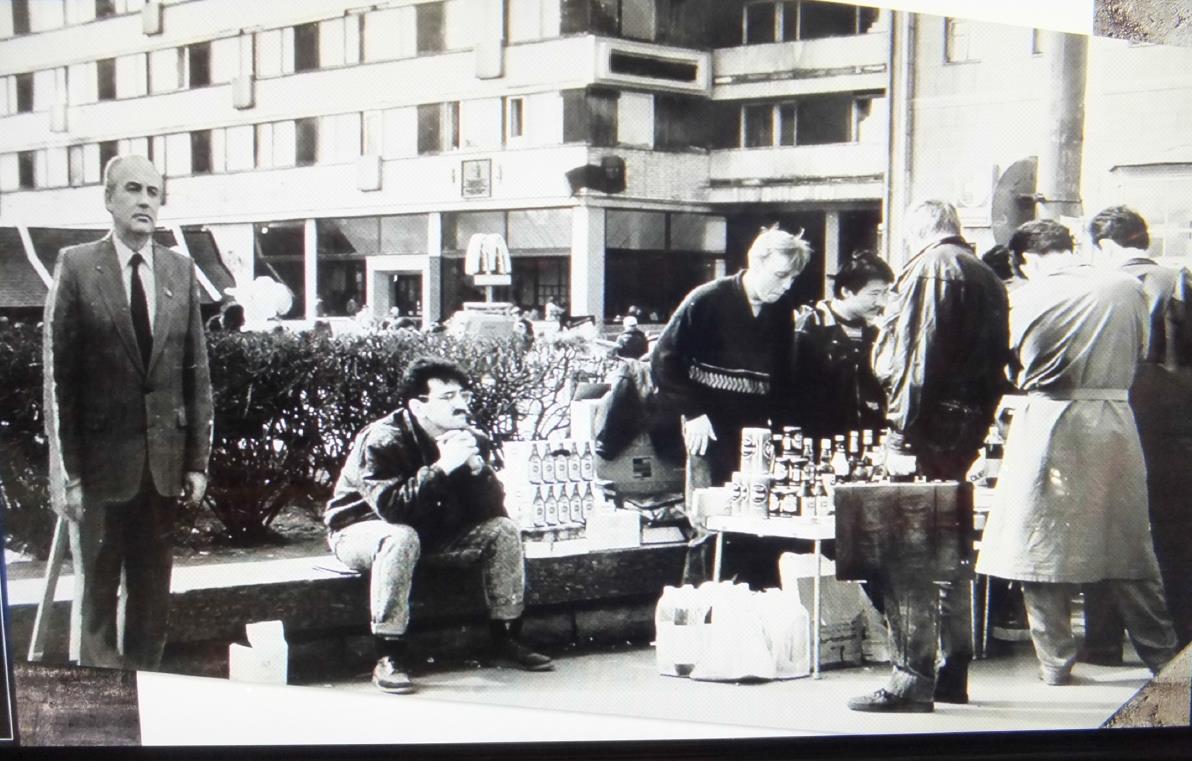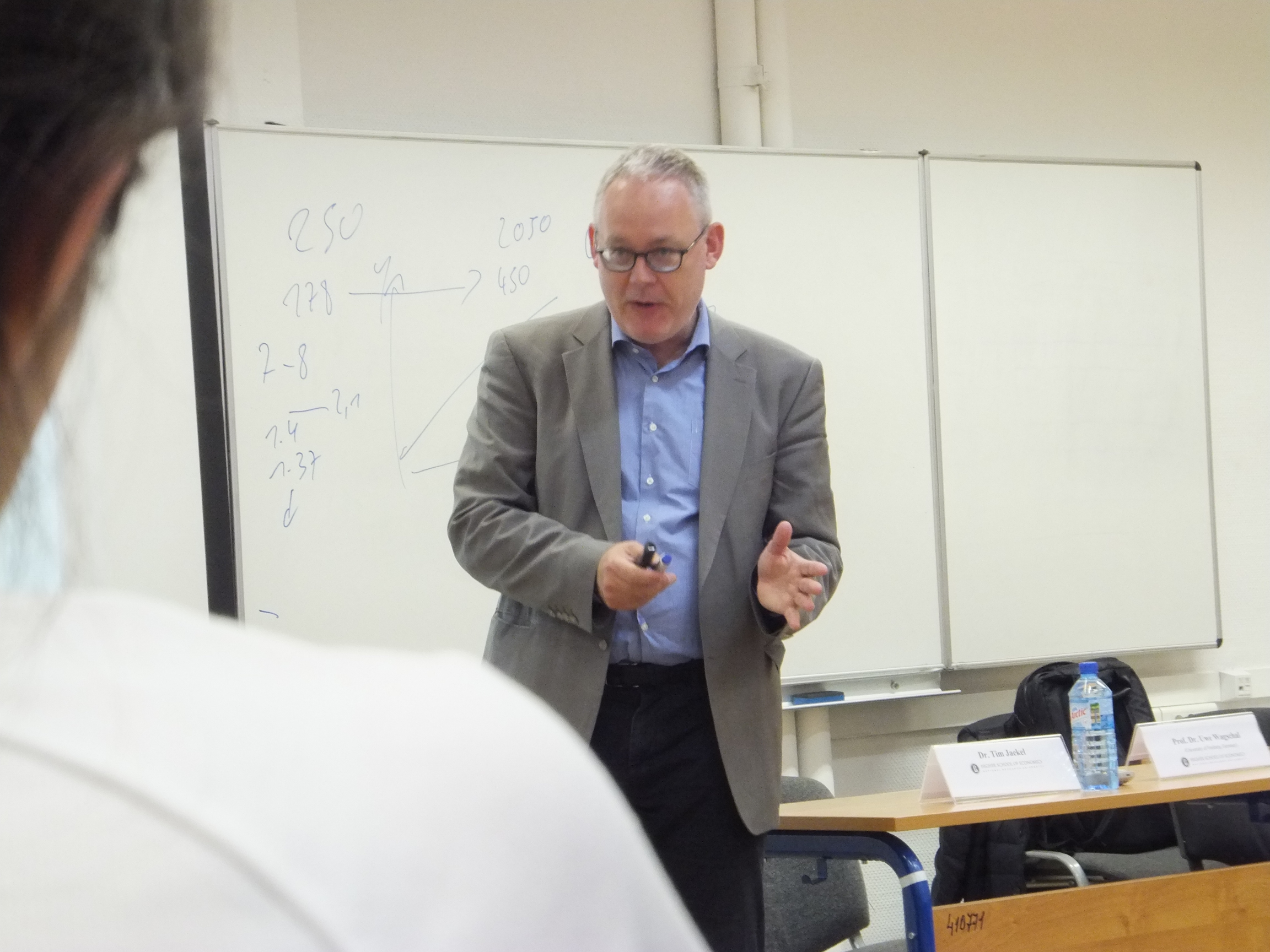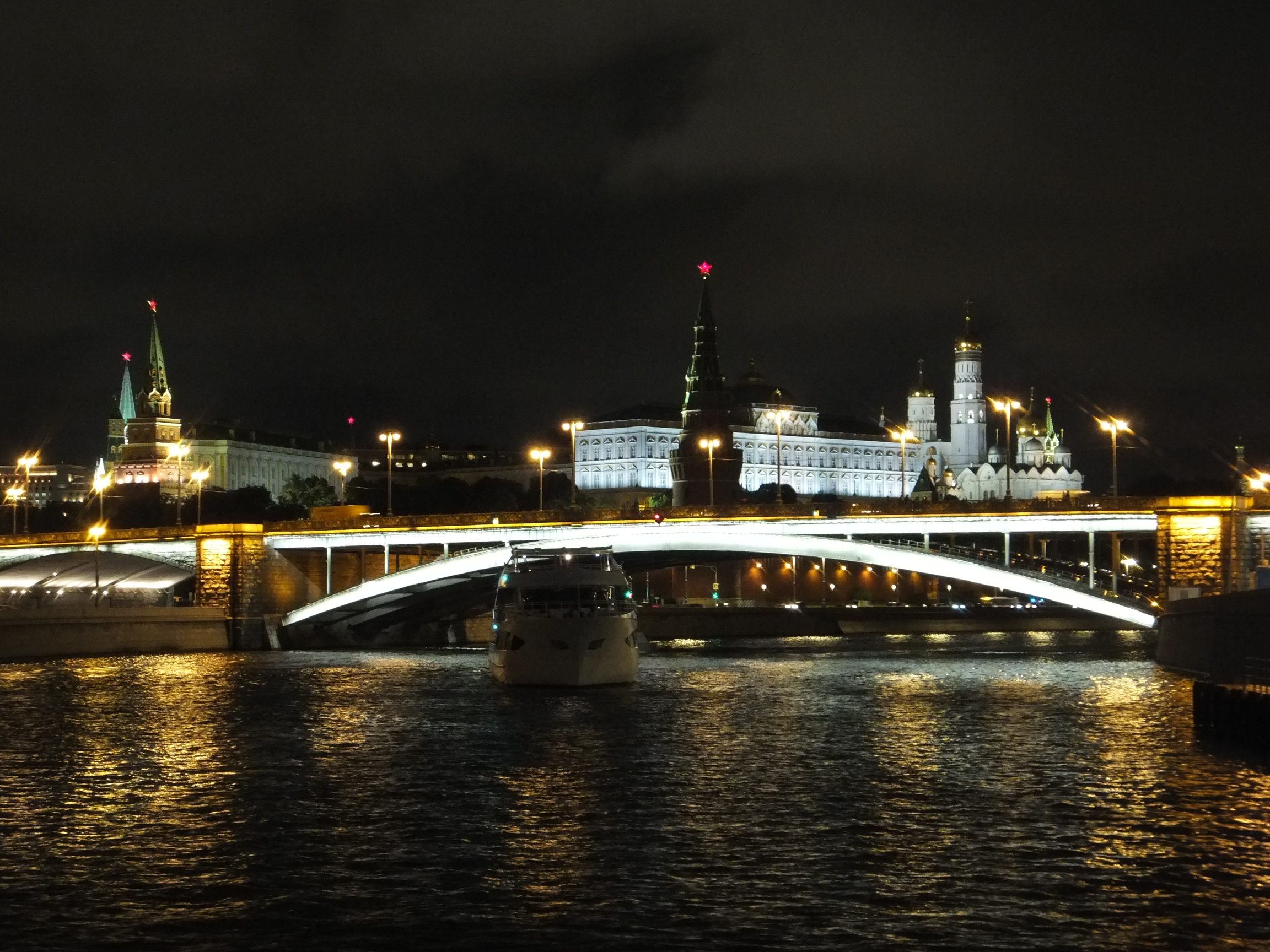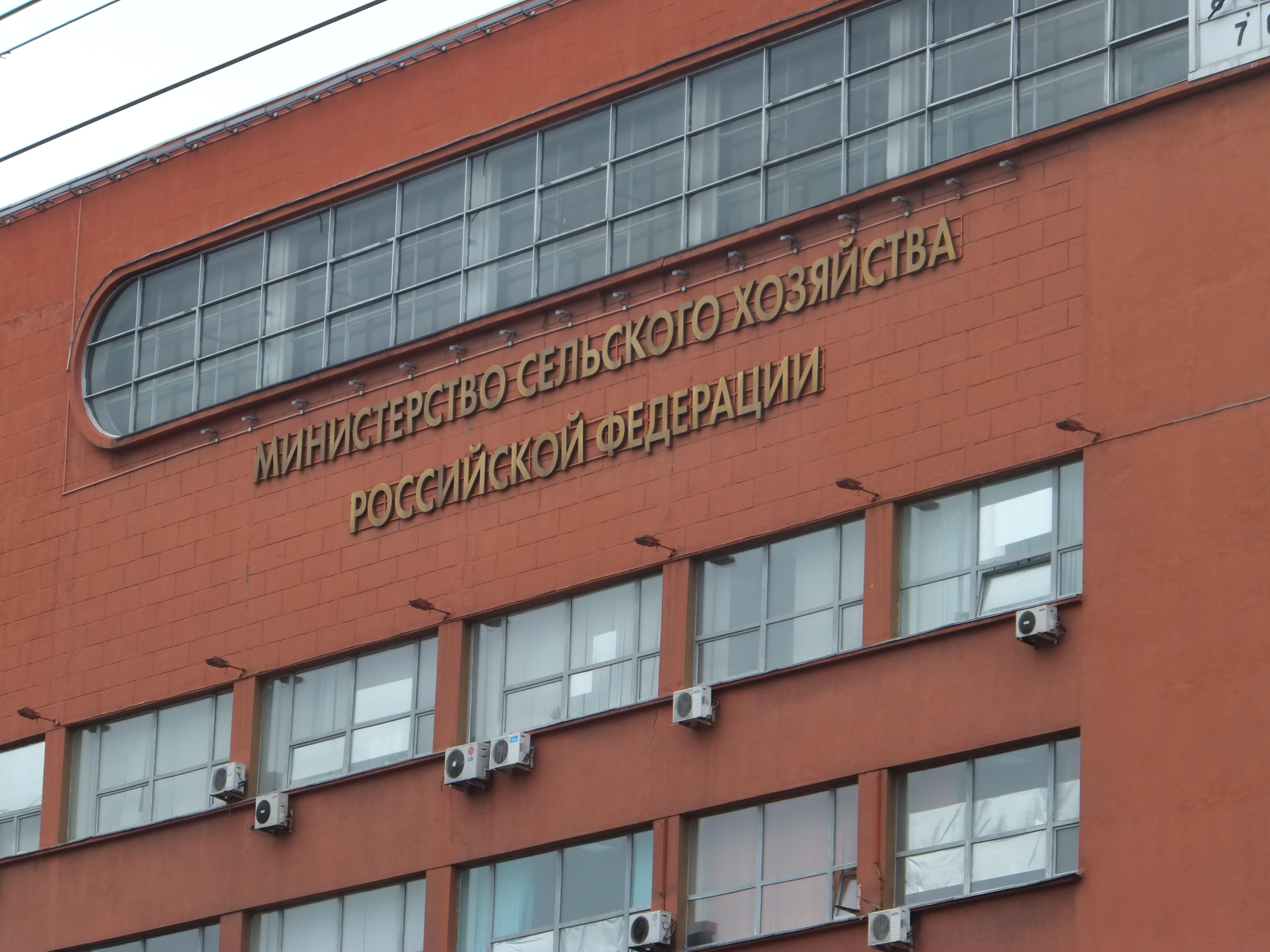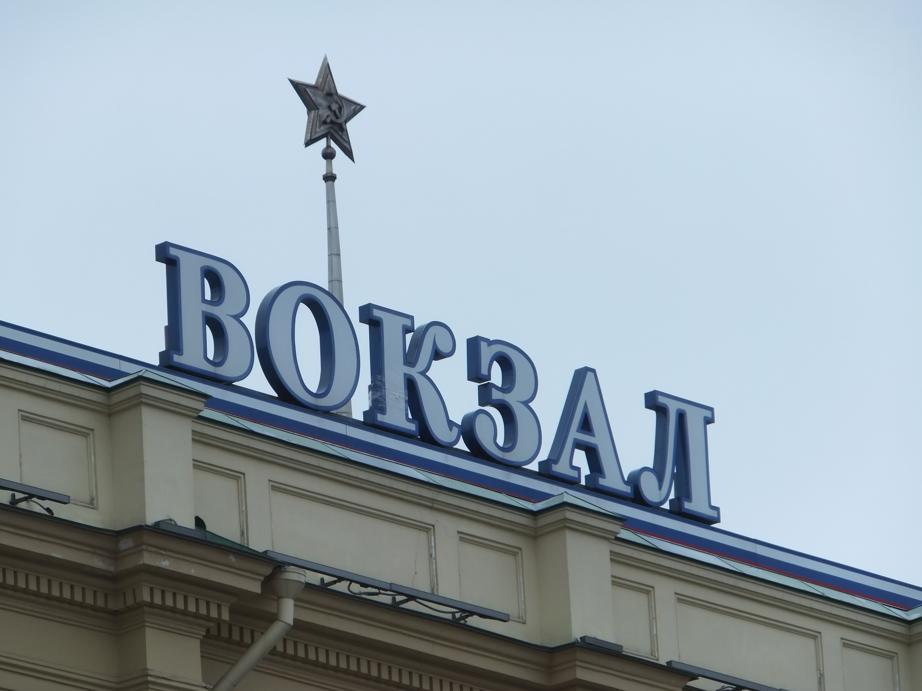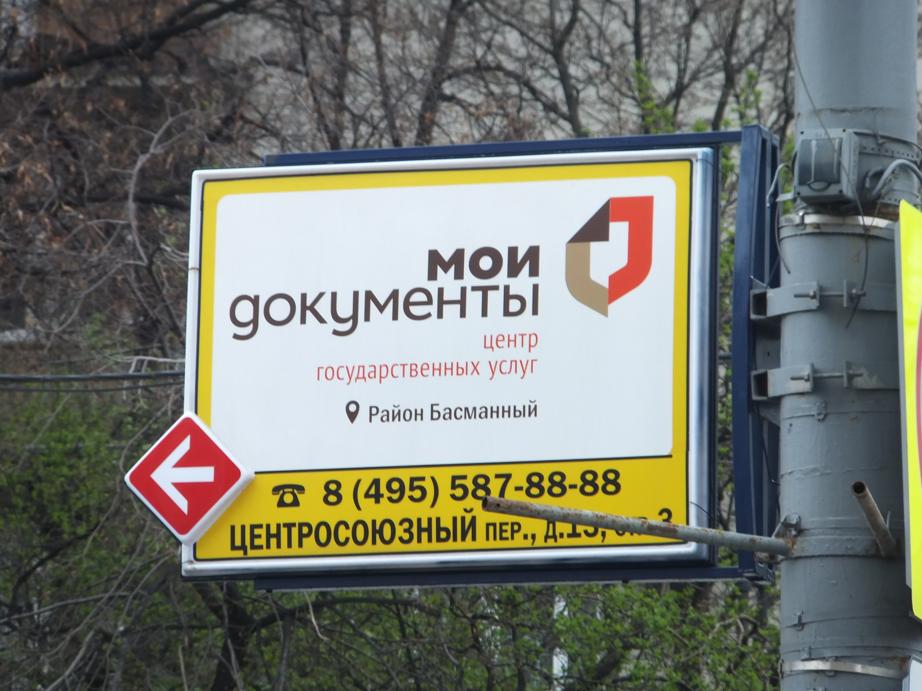III Международная научно-практическая конференция для студентов и аспирантов
„Welt und Wissenschaft“ 2017
Национальный исследовательский университет «Высшая школа экономики»
Среда, 19.04.2017
Основная информация
Уважаемые студенты, аспиранты, коллеги,
19-го апреля 2017 года в НИУ ВШЭ уже в третий раз пройдет конференция «Welt und Wissenschaft» на немецком языке.
Мы приглашаем Вас представить результаты собственных научных исследований на нашей конференции.
На конференции у Вас будет возможность:
- подискутировать на темы Ваших докладов со студентами и профессорами из России и Германии;
- познакомиться с профессионалами в своей области из России и Германии;
- получить информацию о возможностях обучения и прохождения научных стажировок в Германии.
Если Вы хотите принять участие в конференции, пришлите до 31-го января 2017 года заполненный формуляр (формуляр можно скачать на сайте https://lang.hse.ru/weltundwissenschaft/) на адрес welt_wissenschaft@mail.ru.
Сроки и даты
Заявки принимаются до 31-го января 2017 года.
До 15-го февраля 2017 участники конференции получат сообщение о включении их доклада в программу конференции.
Конференция пройдет 19-го апреля 2017 года.
Взнос за участие, оплата расходов
Взнос за участие в конференции не предусмотрен.
Все расходы (проезд и проживание в Москве) участники оплачивают самостоятельно.
Мы ждем Ваши заявки.
Оргкомитет
Евгения Анатольевна Успенская, профессор, заведующая кафедрой немецкого языка
Юлия Валерьевна Пасько, доцент кафедры немецкого языка
Анастасия Николаевна Афонина, доцент кафедры немецкого языка
Тим Екель, доцент Департамента государственного и муниципального управления
Секции
Знать, действовать, рефлектировать
Модератор: Пётр Резвых
https://www.hse.ru/org/persons/10600650
Чем бы мы, люди, ни были заняты, мы всегда ориентируется на наше знание о том, что и как есть, и на наши нормативные представления о том, что и как должно быть. Опосредовать с помощью рефлексии связь между тем и другим, между знанием и действием, – к этому стремится, в сущности, всякая философия. Соотношение теории и практики, vita contemplativa и vita activa, в истории философии трактовалось весьма различно: если классическая традиция античности и средневековья подчеркивала преимущество теоретического, то в мышлении Нового времени акцент все больше ставился на примат практического, будь то в бэконовском обосновании экспериментального исследования природы или в морально-философских размышлениях Канта. Ныне обе постановки вопроса, а равно и само противопоставление теоретического и практического, все чаще подвергаются в рамках различных философских направлений суровой критике. Обо всех возможных позициях в этих дебатах мы будем дискутировать в нашей секции «Знать, действовать, рефлектировать». Мы будем рады видеть в нашей секции доклады из самых разных областей философии, о метафизики и теории познания до политической философии и эстетики, представляющие разные направления как континентальной, так и аналитической традиции.
Право в теории и на практике: глобальные вызовы и новые импульсы
Модератор: Александр Дрейт
http://russland.ahk.de/ru/recht/?tx_felogin_pi1[forgot]=1&;L=39
Принятие новых законов часто является основой возникновения множества вопросов. В зависимости от их применения и правильного воплощения одни законы могут создать фундамент для интересных инициатив, другие же заставить возникнуть непроходимые препятствия. Свежий взгляд на законодательные новеллы, прогнозы или уже имеющийся опыт их применения, как правило, приносят с собой ясность и уверенность и способствуют тому, чтобы законы выполняли свое предназначение. Также и аналогии из других правовых областей, из-за рубежа, по имеющемуся там опыту, а также примеры из прошлого могут не только служить предметом для обсуждений, но и стать базой для новых идей и инициатив в сфере права. При этом произведения немецкой и российской юридической направленности могут использоваться при оставлении компетентных анализов по актуальным темам. Также интересным могут быть вопросы имеющихся различий в юридической терминологии, мнения об их соотносимости или целесообразности их введения из соответствующей другой правовой системы. Будь то про растущее влияние судебной практики на решения судов в России, Германии и других странах, вопросы коллизионного права или особенности приведения в исполнение решений иностранных судов – мы будем рады Вашим работам по самым различным темам правовой сферы.
Литература, культура, перевод
Модератор: Ирис Беккер
http://www.fb06.uni-mainz.de/deutsch/
http://www.uelex.de/
Конечно, из Москвы и из Берлина мир кажется совершенно разным. Каждый, кто предпринимает путешествие в другую страну, столкнётся с правотой этого сколь лаконичного, столь и глубокого утверждения. Но даже тому, кто анализирует межкультурные различия всякого рода, сидя за письменным столом, осознанная смена перспективы обещает новые открытия. Вопрос заключается в том, как с русской точки зрения выглядит «немецкое», и как выглядит с немецкой точки зрения «русское». Подобные культурно обусловленные различия будут обсуждаться в секции «Литература, культура, перевод». Идёт ли речь об образе России в современных немецких медиа, о совместных русско-немецких «местах памяти», как, например, 8-9-е мая 1945 года, или о переводчице Светлане Гайер, чьим «голосом» Достоевский говорит по-немецки, – всегда будут учитываться обе точки зрения, как русская, так и немецкая. В секции приветствуются литературоведческие и культурологические доклады из области русистики и германистики, а также из смежных дисциплин, в частности, компаративистики и переводоведения.
Прошлое и современность
Модератор: Мартин Байссвенгер
https://www.hse.ru/org/persons/93759602
«Прошлое не мертво. Оно даже не прошлое». Эти известные слова американского писателя Уильяма Фолкнера подчеркивают, что прошлое постоянно оказывает влияние на современность. По сути, прошлое и настоящее представляют собой две стороны одной медали. Если прошлое непрестанно ставит перед современностью вопросы, то и настоящее, также, постоянно обретает уверенность в прошлом. Организаторы данной секции приглашают к участию докладчиков, которые видят в истории не только совокупность лиц и событий прошлого, и которые не ограничиваются сухим перечислением имен и дат, но рассматривают прошлое как часть современных процессов. В секции могут быть представлены доклады по любому хронологическому периоду и исторической тематике. Однако ожидается, что докладчики будут рассматривать свои темы в контексте современных научных дискуссий и продемонстрируют знакомство с методологией исторической науки. Заявки должны содержать четко обозначенный основной вопрос исследования, а также информацию об изучаемых источниках и научной актуальности работы.
Политика и управление
Модератор: Тим Екель
https://www.hse.ru/staff/jaekel
Я сердечно приглашаю Вас представить в заявленной секции свои исследования в области политологии и управления. Для подачи заявки есть два условия:
- Вы занимаетесь исследованиями в области политологии и/или управления.
- Ваши исследования затрагивают сферу политики и управления в Российской Федерации, Германии или сравнивают два государства.
Примеры: Ваш доклад может быть посвящен отдельной управленческой организации. Как реформировало свою работу Федеральное ведомство по делам миграции и беженцев Германии, когда в 2015 году в страну прибыло более миллиона беженцев? В докладе могли бы быть освящены назначение нового руководителя министерства, новые стратегии и методы работы и преодоление с их помощью так называемого кризиса беженцев.
Москва меняется, практически ежедневно, например, в области общественной инфраструктуры: открываются новые станции метро, на месте неконтролируемых рынков повсюду в городе появляются современные торговые центры. Какие программы стоят за этими изменениями? Кто их планирует и как они реализуются на практике? Что работает, а что – нет?
Ваше исследование может быть посвящено тому, как во времена кризиса выходят из строя бюрократии, не сумев необходимым образом перестроиться.
Приветствуются также работы по теории политики и управления.
Буду рад Вашим заявкам!
Социология
Модераторы: Кристиан Фрёлих
https://www.hse.ru/org/persons/127116556
В секции будут обсуждаться актуальные вопросы социальных изменений и связанные с этим вызовы обществу. В этом контексте особенно интересны исследования, в центре внимания которых находится взаимовлияние различных областей социологии, в особенности – но не только – на фоне глобализированного мира, в котором процессы объединения становятся все более мощными. Мы будем рады прежде всего эмпирическим исследованиям из различных сфер социологии, к примеру, работам об образе Своего и Чужого, коллективной идентичности, гражданском обществе и общественных движениях, процессах интерпретации и моделях поведения в сфере работы и образования в институциональном или организационном аспекте. Также приветствуются исследования норм и ценностей, их подверженность или неподверженность изменениям в различных сферах жизни. Какую роль играет национальная, этническая, религиозная и политическая идентичность и какое отношение она имеет к пониманию социальных изменений? И какие значимые, способные повлиять на что-либо выводы делаются из этого? При отборе заявок мы будем обращать особое внимание как на сравнительные исследования, так и на эмпирические работы с обоснованной теоретической базой.
Экономика и общество
Модератор: Карстен Шпренгер
https://www.hse.ru/org/persons/495746
19-го апреля 2017 года в московском кампусе Высшей школы экономики уже в третий раз пройдет немецкоязычная студенческая конференция «Welt und Wissenschaft». На секцию «Экономика и общество» мы сердечно приглашаем студентов факультетов политологии и экономики, а также молодых политологов и экономистов, которые хотели бы на немецком языке представить и обсудить свои исследования. В центре нашего внимания будет находиться взаимосвязь политики, экономики и общества, и возможными темами для докладов могли бы быть влияние политических организаций на экономическое развитие и последствия изменений в экономике для политики и общества. Однако мы будем рады и другим работам из области политологии и экономики. Все доклады будут оцениваться и обсуждаться учеными и экспертами из НИУ ВШЭ, что позволит предоставить участникам конференции максимально полную обратную связь.
О НИУ ВШЭ
Конференция пройдет в Национальном исследовательском университете «Высшая школа экономики». НИУ ВШЭ является одним из ведущих вузов России. Он был основан в 1991 году и насчитывает около 27 000 студентов.
Прошлые конференции
Программу конференции 2016 года Вы найдете на сайте https://lang.hse.ru/weltundwissenschaft/
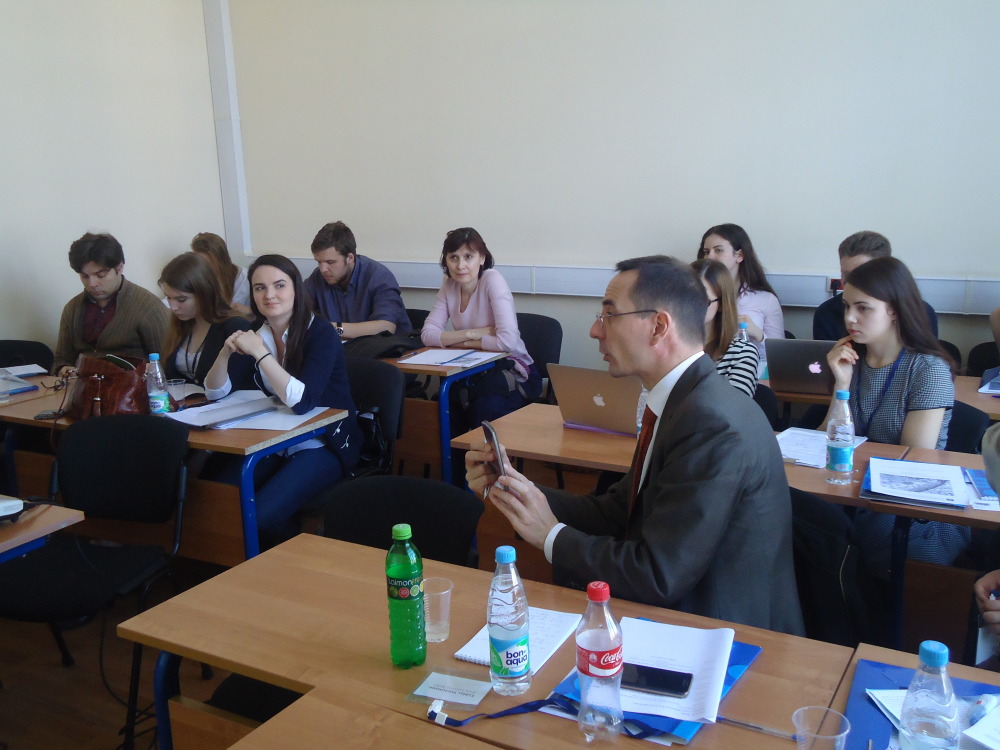
Дискуссия в секции «Право» на конференции 2016 года, спереди справа модератор Тобиас Штюдеманн


